Optimal Timing for Interior Painting
Interior painting projects are influenced by seasonal conditions, indoor climate, and personal schedules. Understanding the optimal timing can ensure a smoother process and better results. Typically, the best time for interior paintings aligns with periods of stable indoor environments and minimal external disruptions.
Spring and fall are often preferred due to moderate temperatures and humidity levels, which help paint dry and cure properly.
Indoor humidity, temperature stability, and personal schedules influence when interior painting can be most effective.
Painting during suitable seasons reduces the risk of issues like peeling, bubbling, or uneven drying, ensuring a long-lasting finish.
Extreme heat or cold can affect paint adhesion and drying times, making moderate weather periods more favorable.

Spring offers moderate temperatures and less humidity, ideal for interior projects.

Fall provides cool, dry conditions that support quality paint application.

Maintaining consistent indoor temperatures enhances paint drying and curing.
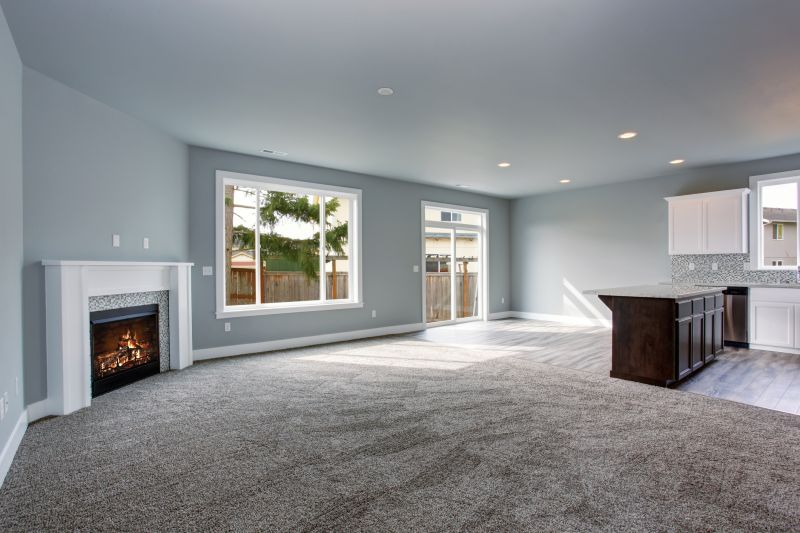
Ways to make Interior Paintings work in tight or awkward layouts.
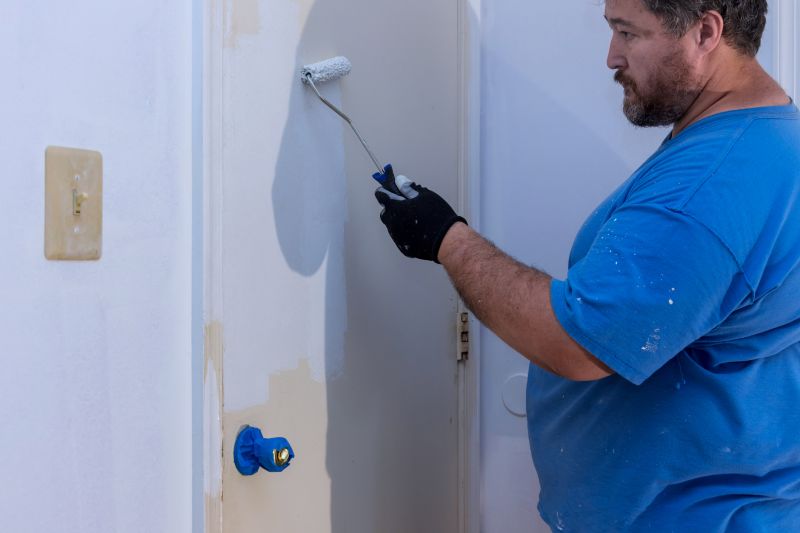
Popular materials for Interior Paintings and why they hold up over time.
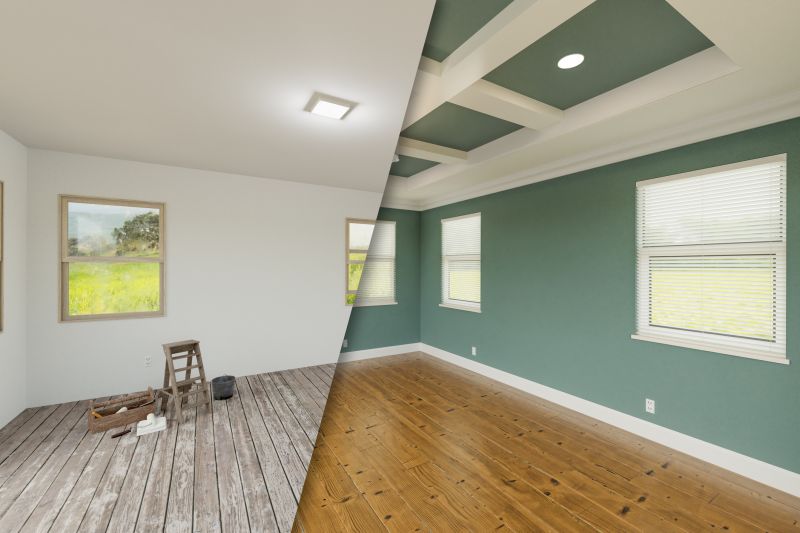
Simple add-ons that improve Interior Paintings without blowing the budget.
| Season | Advantages |
|---|---|
| Spring | Moderate temperatures and low humidity support optimal paint drying. |
| Fall | Cool and dry conditions help achieve durable finishes. |
| Summer | Possible high temperatures and humidity may require additional precautions. |
| Winter | Indoor heating can be used, but cold temperatures may slow drying. |
| Late Spring/Early Fall | Transition periods with stable indoor conditions. |
Interior paintings can significantly enhance the aesthetic appeal and value of a property. Proper timing ensures the longevity of the paint and minimizes the need for future touch-ups. Understanding seasonal influences and preparing accordingly can lead to a more efficient and satisfying painting experience.
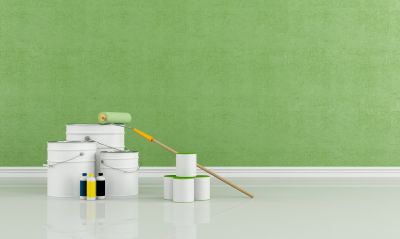
High-quality brushes and rollers contribute to a smooth finish.
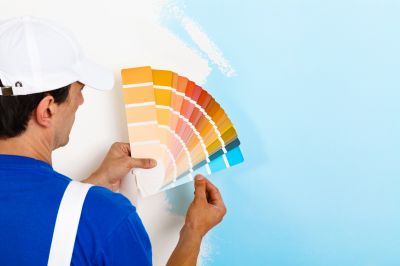
Choosing the right colors can influence mood and space perception.
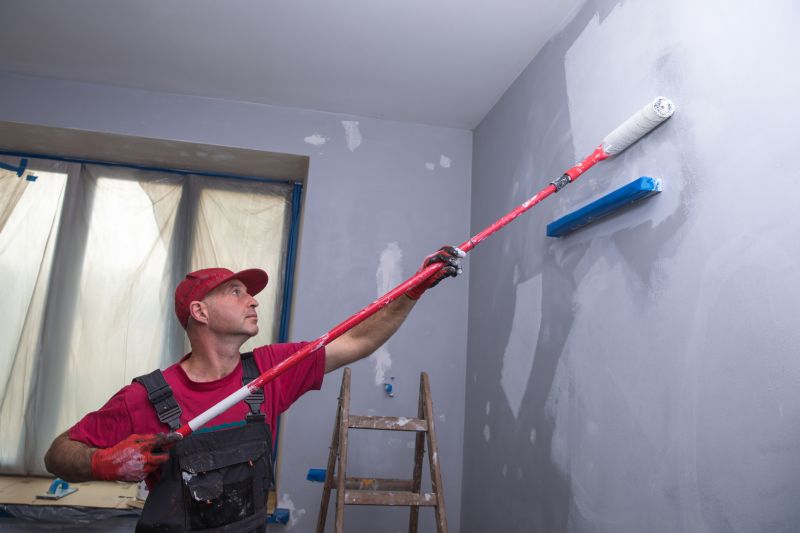
Cleaning surfaces and taping edges ensure a professional look.
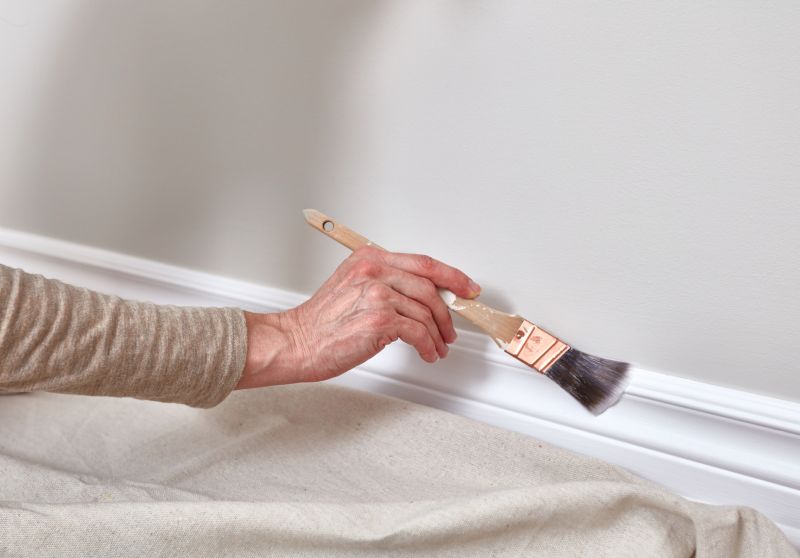
Proper techniques prevent drips and uneven coverage.
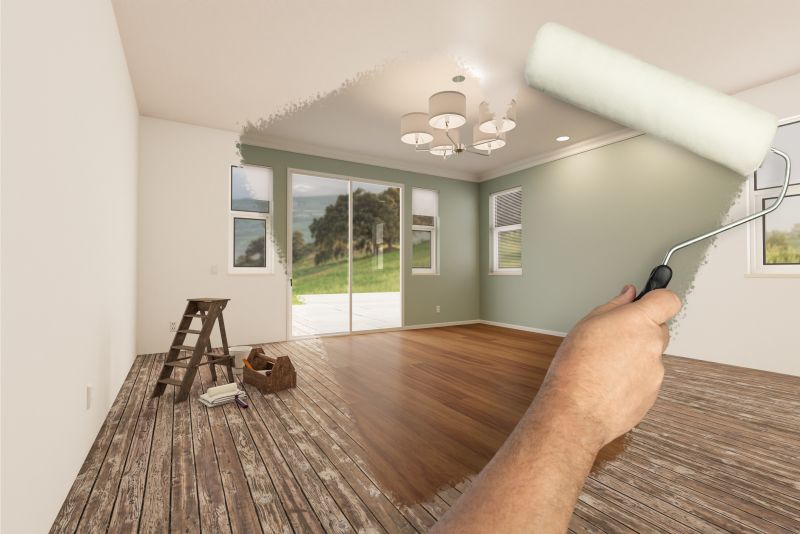
High-end options that actually feel worth it for Interior Paintings.
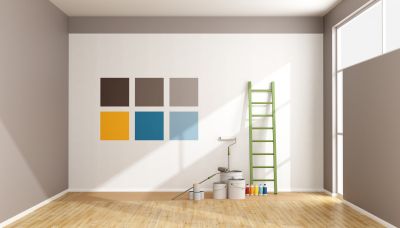
Finishes and colors that play nicely with Interior Paintings.
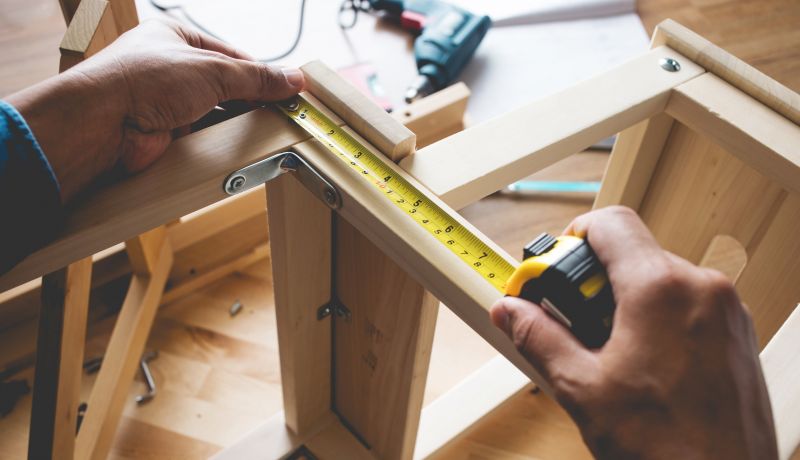
Little measurements that prevent headaches on Interior Paintings day.
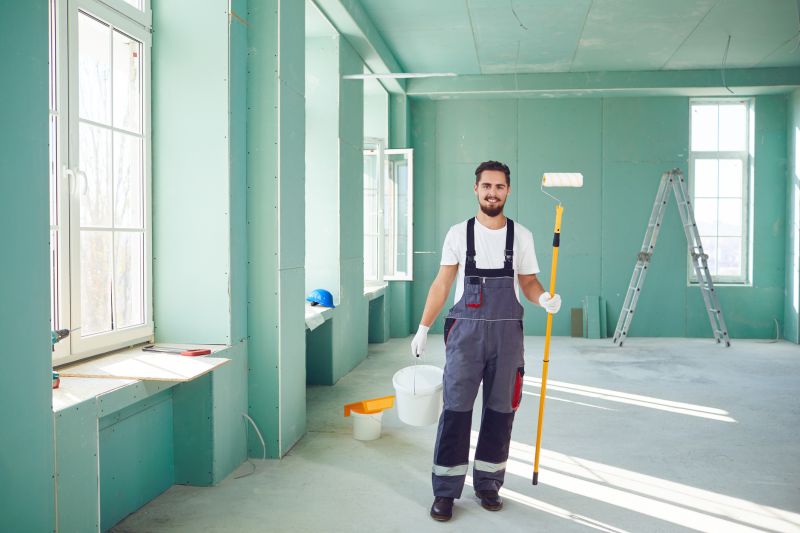
A 60-second routine that keeps Interior Paintings looking new.
Scheduling interior painting during the right season can improve results and reduce disruptions. It is advisable to plan ahead, allowing sufficient time for preparation, painting, and curing. This approach ensures a high-quality finish that lasts.
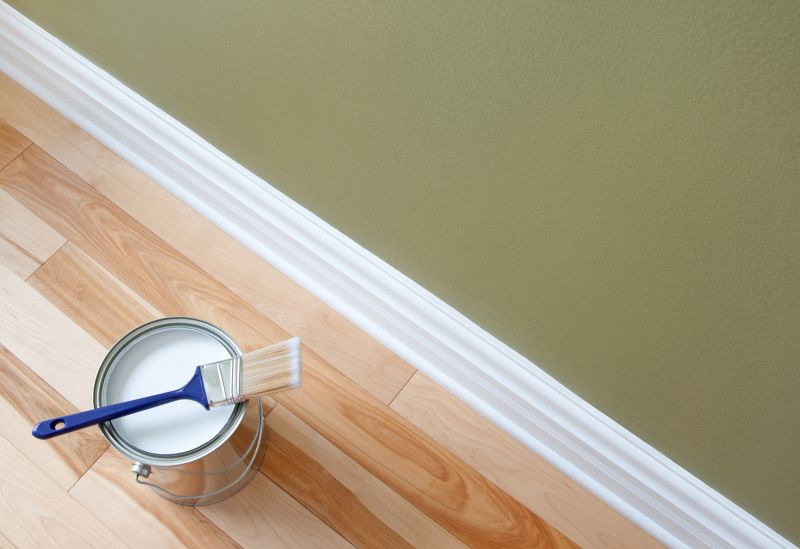
A frequent mistake in Interior Paintings and how to dodge it.
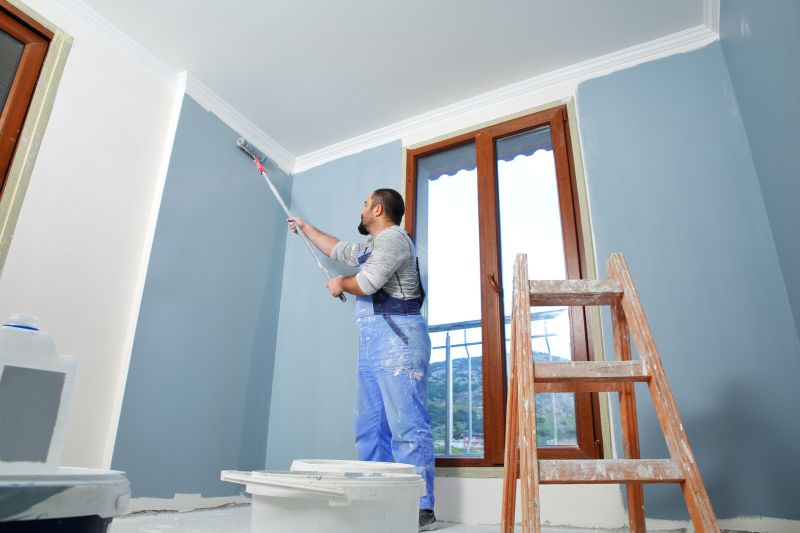
Effective planning minimizes delays and issues.
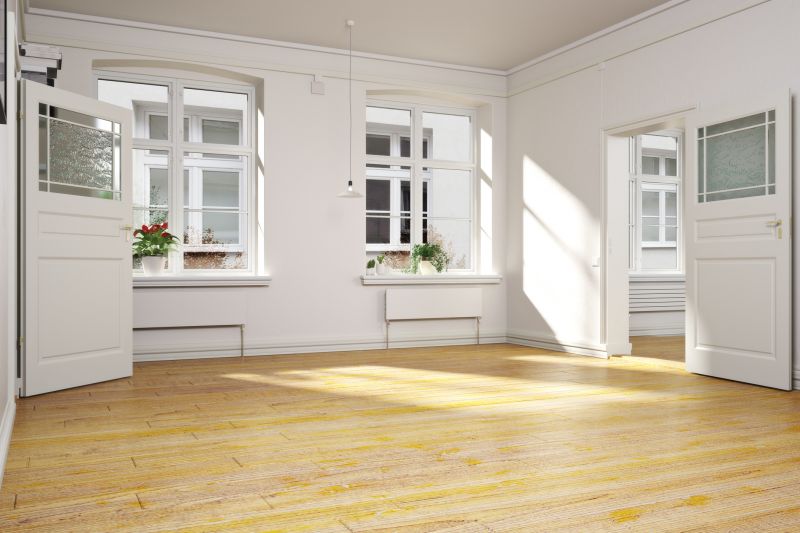
Harmonizing colors creates a cohesive look.
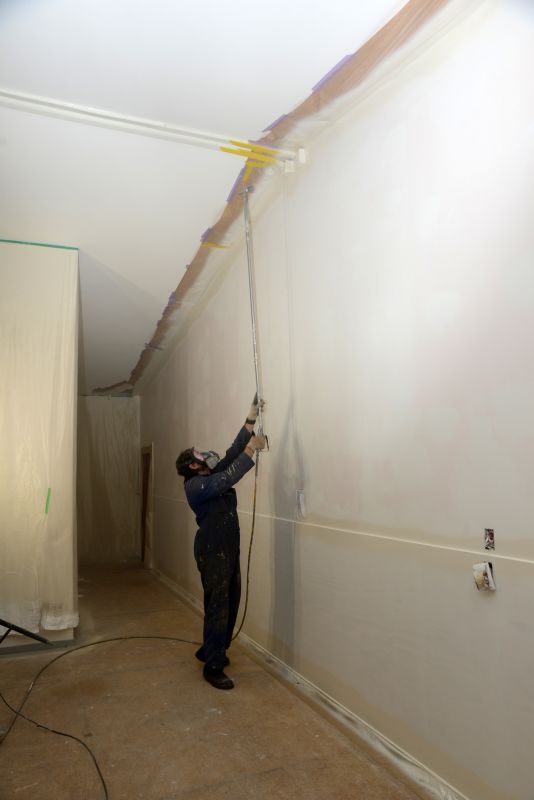
Proper tools ensure a professional finish.
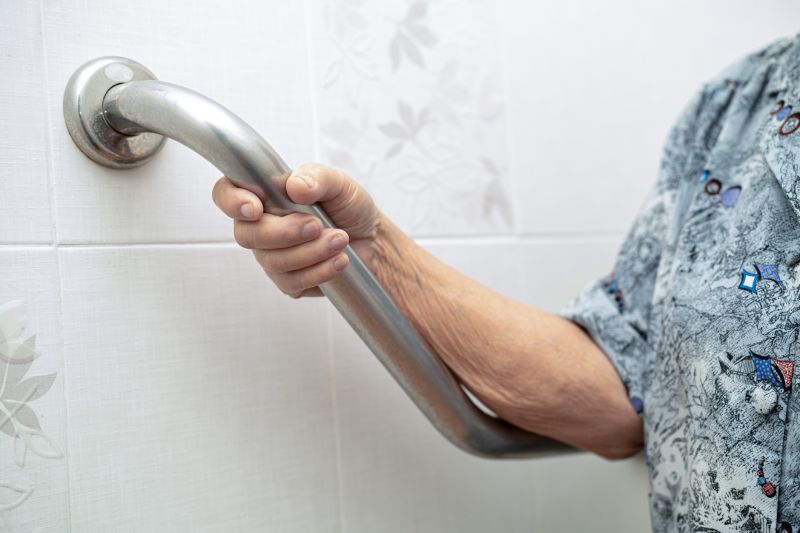
Small tweaks to make Interior Paintings safer and easier to use.
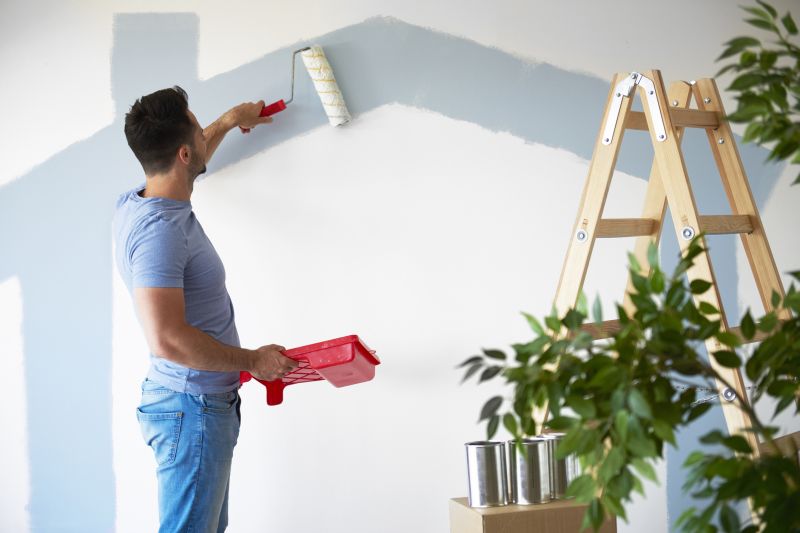
Lower-waste or water-saving choices for Interior Paintings.
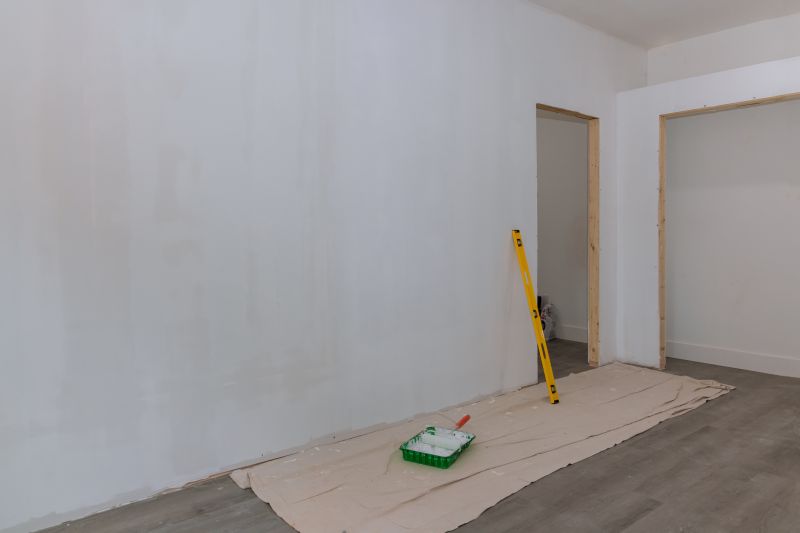
The short, realistic tool list for quality Interior Paintings.
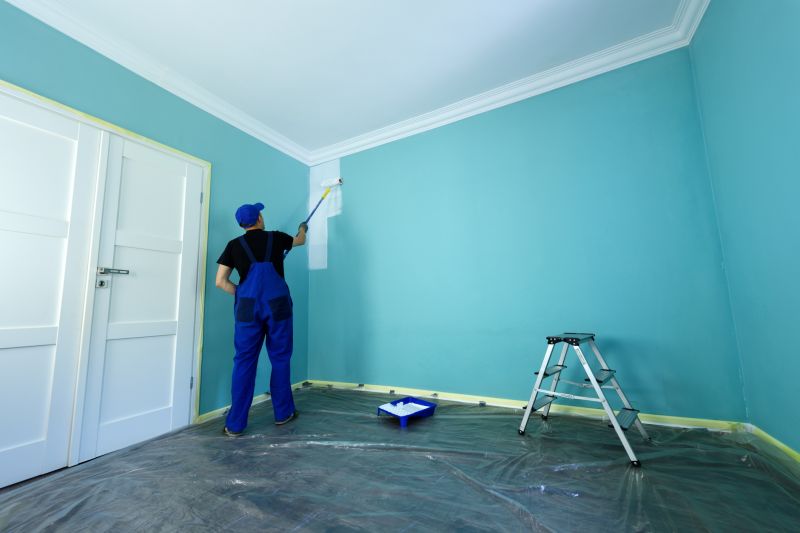
Rough timing from prep to clean-up for Interior Paintings.
Interested in scheduling interior painting services? Filling out the contact form provides an opportunity to discuss timing options and project details to achieve the desired results.
